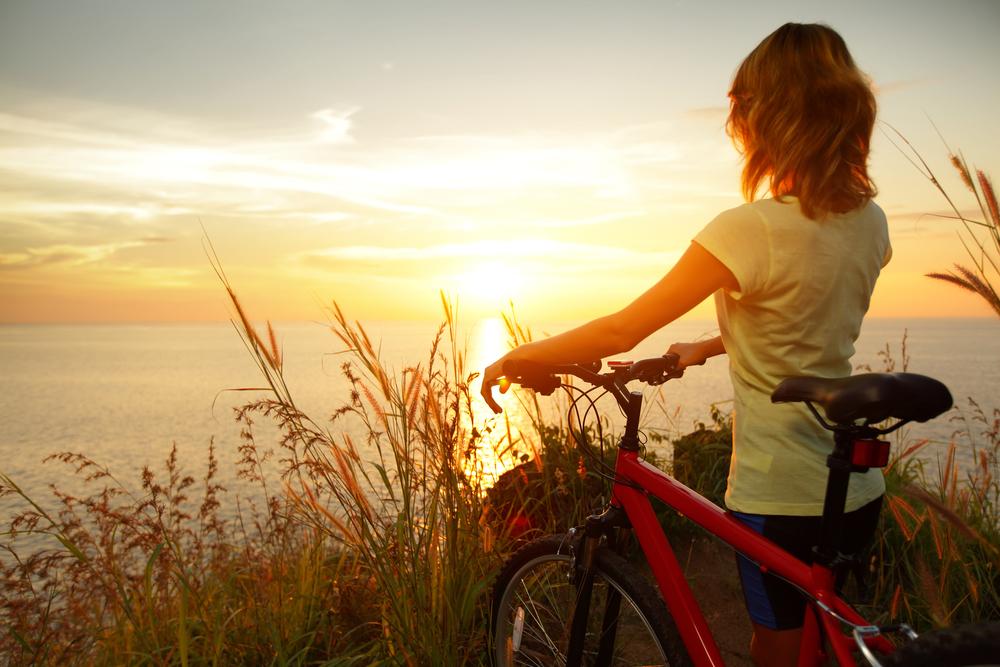Original article on www.gonomad.com
I was cycling south through Central Europe and on passing from Austria into Hungary I was thrown into a world of complete incomprehension.
Hungarian was for centuries one of Europe’s mystery languages. Surrounded by Germanic, Slavic and Romance tongues, it sits in the middle like a philological teenager, obstinately distant from all these families.
Somewhere deep in the past its Uralic roots entangle with two of Europe’s other linguistic misfits, Finnish and Estonian, and several travellers were keen to share this insight with me.
But Hungarians themselves were often quick to point out that the similarity today is scant, with only one or two per cent of words sharing the same origin – and these mainly to do with fishing and reindeer.
Ferto-Hansag Park
Woodland gave way to wet green plains as I pedalled across the border into Hungary. Looping past the border town of Sopron, I entered the hazy atmosphere of Fertö-Hanság National Park, taking breathfuls of warm damp air fragranced with summer blossom like a laundry room.
From the perspective of my bike saddle the Park seemed to encompass different worlds. Beyond the oak woods to the west a single Alpine peak spiked the Austrian sky, while to the east an unbroken vista of pastureland merged into marsh and, finally, an expanse of reed-fringed water.
This is Lake Fertő, Niesueldersee in German, the westernmost of the steppe lakes that speckle central Eurasia.
Its presence suggests why nomadic horse riders from the Asian steppes felt at home here, and chose to settle, the outlines of their language preserved in modern-day Hungarian.
A purple heron rose, flapping apathetically, from somewhere within this swampland. I stopped and listened to the sparse cries of the water birds cut through the thick atmosphere. At first, as dusk blended the day’s colours, the scene was Edenic, but within a minute I was beset by feasting insects. They chased me through the deepening darkness; I rode on until I'd put some distance between my skin and this mosquito-patrolled marshland.
The Village of Balf
Finally I came to the edge of a small village named Balf. Here, just down from the road, encircled by dim orange streetlights and six public benches, stood a timber pavilion. I wound my way along the red-brick path that led to its front.
A wooden ledge ran around its interior and at its core rose a wide-eyed face, wild-haired, fat-cheeked, roughly-carved from bronze that neglect had flecked with verdigris, and gurgling a meagre stream of water that stank of sulphur. Other than the soft splash of the fountain, all was silent. I'd found my next bedroom.
I spilled the contents of my panniers across the wooden ledge and cooked my nightly spaghetti ration, enlivened by a little parmesan-crusted saucisson sec.
Just as I finished eating, with red pesto smeared over pans, bowls and spork, an eery string of lights appeared at the top of the road I'd arrived on.
The first dozen headed directly towards me while more kept materialising at the hill’s crest like candles during midnight mass. As they reached the glow of the sentinel streetlights tiny luminous jackets flushed into sight – a procession of children, aged around 10, dark-haired and sharp-featured, began to mass around the pavilion. In their midst were two grown-ups.
Filling From the Fountain
They dismounted from their bikes and the adults led them to fill their water bottles from the sulphurous fountain.
I hurriedly pulled my possessions into a tighter heap and fled down the opposite steps, seating myself on one of the surrounding benches with a postprandial cigarette.


